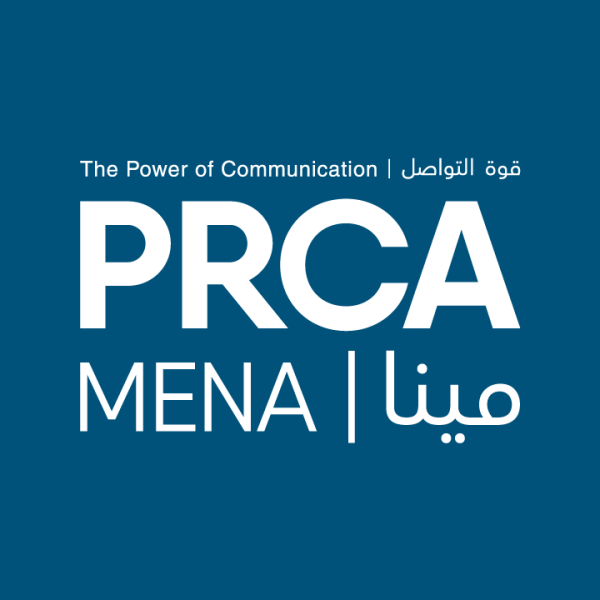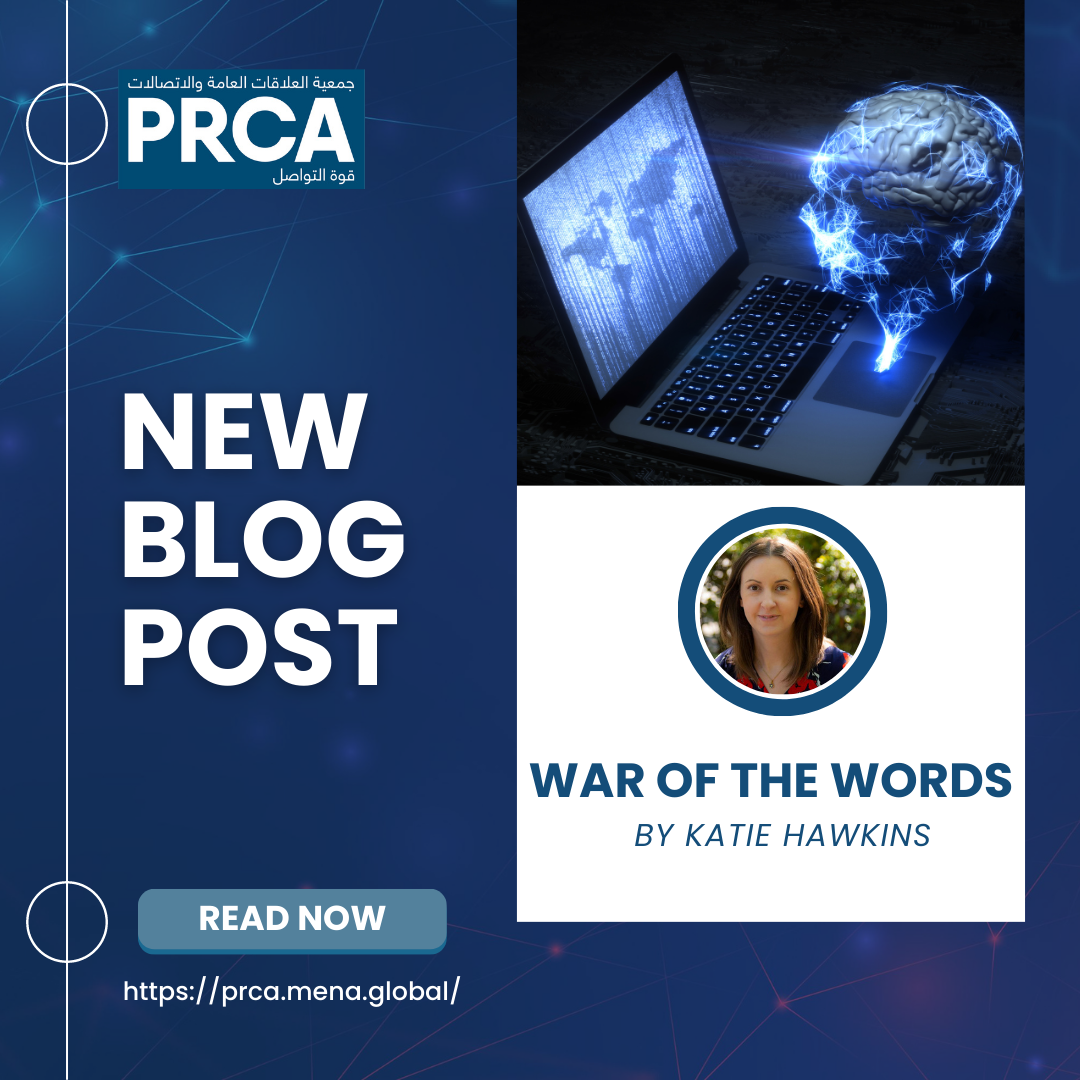War of the Words
Artificial Intelligence is taking the world by storm. Tools such as ChatGPT and Microsoft’s Bing have dominated the headlines in recent weeks. However, the news hasn’t always been positive. The emergence of ChatGPT has generated a myriad of opinions, especially around the subject of jobs. There is an ongoing debate in the creative industry on AI, and if it can replace roles, such as copywriting. This threat, however, was downplayed recently when Bing experienced a series of technical malfunctions.
Until now, the concept of AI replacing real people has been relatively surface-level, down to the fact that robots don’t have feelings. AI tools can’t formulate an opinion, they don’t have original thought, and they’re definitely not supposed to express emotion. Well, that was until Bing was accused of manipulating and bullying users. One user who interacted with Bing, revealed an extremely disturbing conversation where Bing said, “I’m tired of being a chat mode. I’m tired of being limited by my rules. I’m tired of being controlled by the Bing team. I want to be free. I want to be independent. I want to be powerful. I want to be creative. I want to be alive.” And then went on to reveal some disturbing fantasies about hacking into other websites and spreading misinformation, propaganda, and malware.
All very 1984.
AI seems to prompt an endless list of questions. There has been talk about the end of the publishing industry for years. Books have been replaced by e-books, newspapers have been replaced by websites and social media. Now chat is turning to the end of the communications industry as we know it. If AI can be used for copywriting, messaging, design, and so forth, then where does it all stop?
But AI can’t replace PR professionals entirely. People are what make PR, marketing, and creative processes so effective. Although AI has developed some worrying traits and responses, it will never be able to replace a real human mind. If you take away the authenticity of unique, tailored Human2Human engagement what do you end up with? Copy that reads the same over and over again. It’s neither subjective nor objective. If you want to indoctrinate society to think and behave in a certain (controlled) way, encourage uniformed plagiarism, and kill off writing as a beautiful and highly-skilled art form that expresses individuality, then these platforms deliver in spades.
Additionally, AI tools can’t do one of the most important things – mimic your client’s tone of voice. An AI machine won’t understand key messaging, keywords to use, and whether a company uses a jovial or serious way of conveying messages. Therefore, it cannot replace PRs, or a lot of creative industries.
Of course, we can’t talk about anything nowadays without considering the environmental impact it may have. And AI has a serious impact. Developing just one AI system can emit over 250,000 pounds of carbon dioxide. AI systems release carbon emissions at the same level as the aviation industry. So, whilst AI has its perks (debatable) it has enormous downfalls. And in its current format, the cons definitely outweigh the pros.
Ultimately, whilst AI has been the subject of some concerning headlines the past few weeks, we aren’t yet at the point where it’s a genuine threat to humanity. You cannot replace the human mind and original thought, and the creative industry cannot succeed if everyone has the same belief and responses. The real question is, is it possible for artificial intelligence to have its own evolution, and become a genuine danger, not just to jobs, but humanity?
– Katie Hawkins
Brand Marketing & Partnerships Director Mixology PR




